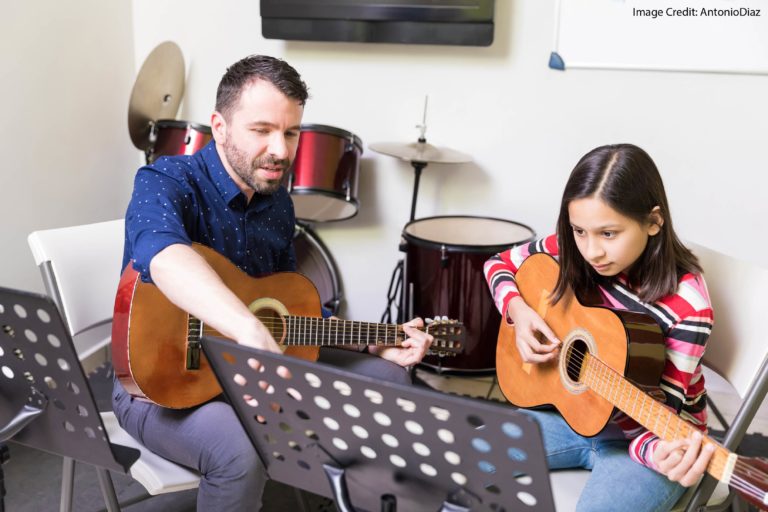-
ABOUT THE AUTHOR
Andrew Watson
Andrew began his classroom life as a high-school English teacher in 1988, and has been working in or near schools ever since. In 2008, Andrew began exploring the practical application of psychology and neuroscience in his classroom. In 2011, he earned his M. Ed. from the “Mind, Brain, Education” program at Harvard University. As President of “Translate the Brain,” Andrew now works with teachers, students, administrators, and parents to make learning easier and teaching more effective. He has presented at schools and workshops across the country; he also serves as an adviser to several organizations, including “The People’s Science.” Andrew is the author of "Learning Begins: The Science of Working Memory and Attention for the Classroom Teacher."
Tags
ADHD adolescence attention autism book review boundary conditions classroom advice conference speakers constructivism/direct instruction creativity desirable difficulty development dual coding elementary school embodied cognition emotion evolution exercise experts and novices gender high school homework intelligence long-term memory math methodology middle school mind-wandering mindfulness Mindset motivation neuromyths neuroscience online learning parents psychology reading retrieval practice self-control skepticism sleep STEM stress technology working memoryRecent Comments
- Goals, Failure, and Emotions: a Conceptual Framework |Education & Teacher Conferences on “Learning from Mistakes” vs. “Learning from Explanations”
- From Destruction to Rebuilding: Hope in Science’s Down Cycle on When Analogies Go Wrong: The Benefits of Stress?
- Dual Coding: Boosting Learning Through Words and Images – White Dragon of East County on Visual & Verbal: Welcome to “Dual Coding”
- "All People Learn the Same Way": Exploring a Debate |Education & Teacher Conferences on The Goldilocks Map by Andrew Watson
- URL on Difference Maker: Enacting Systems Theory in Biology Teaching, by Christian...
ABOUT THE BLOG

Dangerous Fluency: Performance Isn’t Always Learning
Cognitive science research helps teachers understand learning better than our students do. We should be confident in offering wise counsel. For instance: based on research, should be ban technology from classrooms? Continue reading

A Hidden Strength of “Concreteness Fading”
Upbeat, perky brand names for teaching methods distract from sensible conversations about their real merits. Continue reading

Concrete + Abstract = Math Learning
Should math instruction focus on concrete examples (frog puppets and oranges) or abstract representations (numbers and equations)? This research suggests: a careful balance of both. Continue reading
![AdobeStock_178196648 [Converted]_Credit](https://www.learningandthebrain.com/blog/wp-content/uploads/2019/12/AdobeStock_178196648-Converted_Credit-768x1080.jpg)
When Good Classroom Assignments Go Bad
Classroom assignments often sound like great ideas, until they crash into working memory limitations. Happily, we’ve got the strategies to solve this kind of problem. Continue reading

Can Multiple-Choice Tests Really Help Students?
Surprise: a well-designed multiple choice question might in fact help students. Why? Because it requires extra retrieval practice to sort out all the answers. Continue reading
More about Macbeth and Memory
Earlier this month, I wrote about the distinction between autobiographical memory and semantic memory. Both…

Does Music Training Help Us Pay Attention?
We can’t improve our students working memory. But, recent research from Chile suggests that music training might benefit one part of our attention system. Continue reading

Getting the Timing Right: Critical Thinking Online
Spacing practice out helps students learn all sorts of things. Can it help them learn to be critical thinkers online? Continue reading

Can a Neuromyth Result in a Truce?
Tom Sherrington wants to call a truce between PBL advocates and those championing direct instruction. In a recent essay, he presents the terms of the cease fire. Continue reading

Welcome to Boston! (Almost)
I’m looking forward to putting names to faces at our Boston conference! Continue reading

